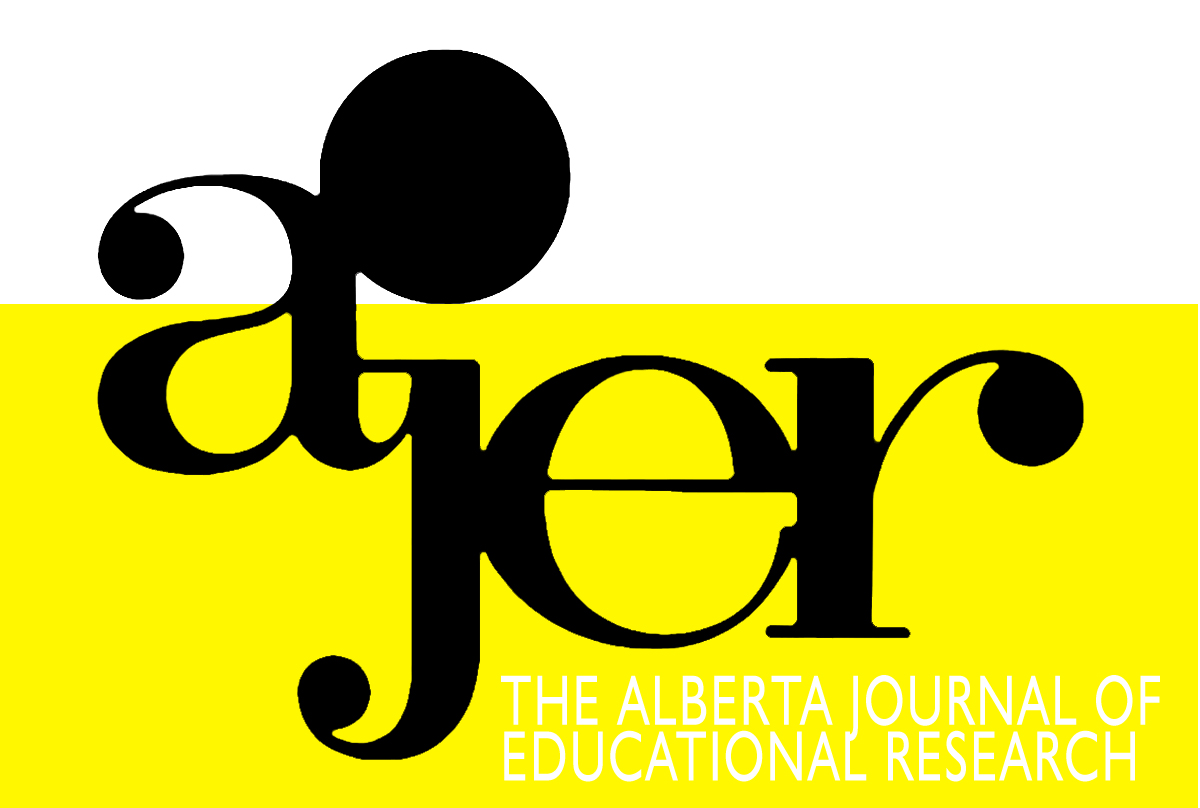Attitudes Towards Knowledge Management of School Administrators and Teachers Working in Turkish Schools
DOI:
https://doi.org/10.55016/ojs/ajer.v60i3.55806Keywords:
knowledge management, school administrators, communication, commitment, Turkish schools, Mots clés, gestion des connaissances, administrateurs scolaires, engagement, écoles turquesAbstract
The aim of this study is to investigate attitudes of school administrators and teachers working in Turkish schools towards knowledge management. In this research, an explanatory design incorporating quantitative and qualitative methods was used. The quantitative strand of the study was designed as a survey model, and the data was collected from 336 school administrators and teachers who work in the province of Sivas by using the Attitude Scale Towards Knowledge Management (Demir, 2005). The qualitative part of the study was carried out using a case study design, and the researchers used semi-structured interviews to collect data from 12 school administrators and teachers who work in the province of Sivas. To interpret the interview data, descriptive analysis, content analysis, and constant comparison techniques were used. The quantitative findings revealed that school administrators and teachers reported positive attitudes towards knowledge management with respect to self-development and negative attitudes towards communication and commitment. and negative attitudes towards communication and commitment. According to the qualitative findings obtained from questions asked to the participants with respect to communication, commitment, and self-development, participants stated that the knowledge management activities that took place at school were insufficient. Consequently, a knowledge management model suitable for Turkish school context is suggested.
L’objectif de cette recherche est d’étudier les attitudes face à la gestion de connaissances qu’ont les administrateurs scolaires et les enseignants dans des écoles turques. Ce projet a employé une conception explicative qui intègre des méthodes quantitatives et qualitatives. La composante quantitative de l’étude a été conçue comme enquête reposant sur l’échelle mesurant l’attitude envers la gestion des connaissances (Demir, 2005) et administrée auprès de 336 administrateurs scolaires et enseignants de la province de Sivas. La composante qualitative de l’étude était basée sur un modèle d’étude de cas dans laquelle les chercheurs ont employé des entrevues semi-structurées pour recueillir des données auprès de 12 administrateurs scolaires et enseignants de la province de Sivas. Des analyses descriptives, des analyses du contenu et des techniques de comparaison constante ont servi dans l’interprétation des données d’entrevue. Les résultats quantitatifs ont révélé que les administrateurs scolaires et les enseignants avaient des attitudes positives face à la gestion des connaissances relativement au développement personnel et des attitudes négatives par rapport à la communication et l’engagement. Les résultats qualitatifs provenant des questions portant sur la communication, l’engagement et le développement personnel indiquent que les participants trouvaient que les activités de gestion des connaissances à l’école étaient insuffisantes. Nous proposons donc un modèle de gestion des connaissances qui convient mieux au contexte des écoles turques.
Downloads
Published
Issue
Section
License
UNIVERSITY OF ALBERTA COPYRIGHT LICENSE AND PUBLICATION AGREEMENT
If accepted, authors will be asked to sign a copyright agreement with the following points:
A. Where there is any inconsistency between this Copyright License and Publication Agreement and any other document or agreement in relation to the same subject matter, the terms of this Agreement shall govern.
B. This document sets out the rights you are granting in relation to publication of your article, book review, or research note entitled (the “Article”) through inclusion in the academic journal titled Alberta Journal of Educational Research (the “Journal”) published through the Faculty of Education, representing the Governors of the University of Alberta (the “Journal Editor”).
C. There will be no payment to you for this publication and grant of rights. In consideration of the agreement to publish the Article in the Journal:
1. You are warranting that:
- the content of the Article is your original work, and its content does not contain any material infringing the copyright of others; or, where the Article is not entirely your original work, you have obtained all necessary permissions in writing to grant the rights you are giving in this agreement;
- the content of the Article does not contain any material that is defamatory of, or violates the privacy rights of, or discloses the confidential information of, any other person;
- the Article has not been published elsewhere in whole or in part, and you will not allow publication of the Article elsewhere without the consent of the Journal Editor;
- the names of all co-authors and contributors to the Article are:
2. You agree to license the copyright in the Article to the Journal Editor, on a worldwide, perpetual, royalty free basis; and to the extent required by the terms of this agreement. You shall retain the right at all times to be acknowledged as the/an author of the Article.
3. You further agree that the Journal Editor has the entitlement to deal with the Article as the Journal Editor sees fit, and including in the following manner;
- The right to print, publish, market, communicate and distribute the Article and the Journal, in this and any subsequent editions, in all media (including electronic media), in all languages, and in all territories, ing the full term of copyright, and including any form of the Article separated from the Journal, such as in a database, abstract, offprint, translation or otherwise, and to authorize third parties to do so;
- The right to register copyright of the Journal;
- The right to edit the Article, to conform to editorial policy as the Journal Editor sees fit.
4. If any co-author or contributor to the Article does not sign this agreement, the Journal Editor reserves the right to refuse to publish the Article.



